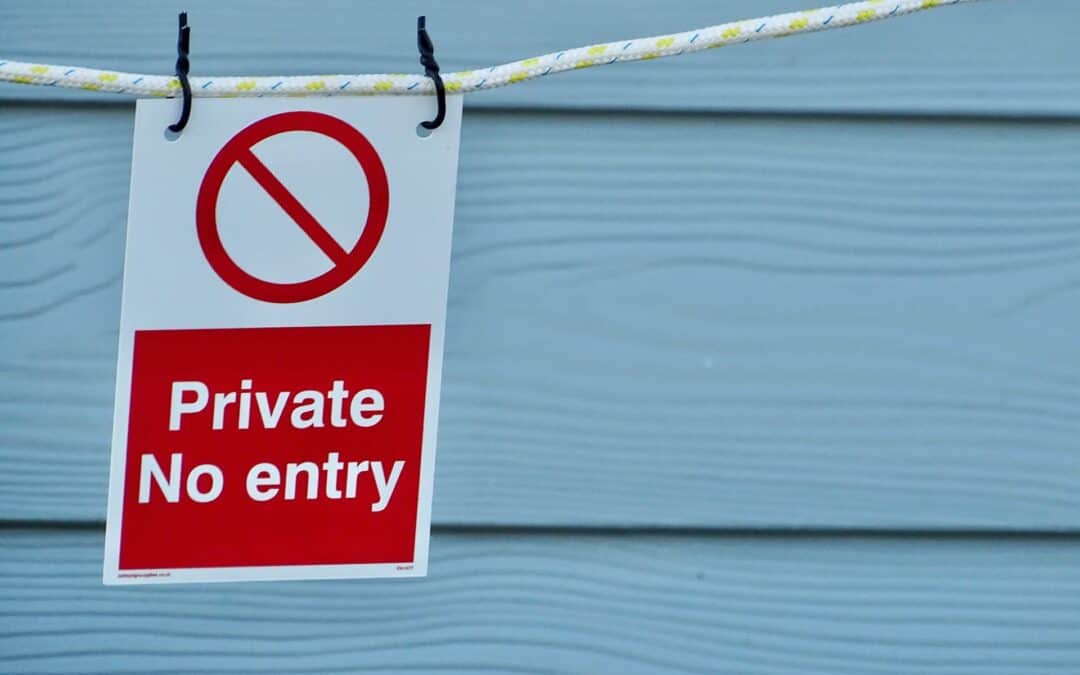It is now 14 years since the Family Procedure Rules were amended to allow ‘accredited media representatives’ i.e. journalists to attend most types of family court hearings, and more than four years since ‘duly authorised lawyers’ i.e. legal bloggers were also allowed to attend hearings held in private. There are a few exceptions e.g adoption hearings and dispute resolution appointments.
It is therefore disappointing to have come across two instances in recent days where a journalist and a legal blogger were told by different courts they did not have a right to attend. There were not decisions based on objections by a party or any rationale, but seemingly through ignorance of the rules.
As explained by Louise Tickle on twitter, a journalist (Hannah Summers) made a valid request for a link to join a hearing in Norwich Family Court – however she was told that the judge had said this was not possible because Norwich was not part of ‘the transparency pilot’ (presumably referring to the Reporting PIlot in Cardiff, Carlisle and Leeds, which is about reporting, not attending).

Separately, as a TP legal blogger, I had set aside a full day to observe the Deprivation of Liberty Court last week. This is the court that now decides on most applications under the High Court inherent juridiction for children to be detained for welfare reasons. Sadly, there are about 12 a day of these applications, five days a week. The whole issue of the way this jurisdiction is being exercised is of grave concern.
DoL Court hearings are all conducted on Microsoft Teams. The lists don’t go up until after 5 p.m. the preceding day, so we can’t ask for access to specific cases in a timely way. Therefore I gave two working days’ notice of my request for a link starting at 10 a.m to any one of the judges’ lists for that day. Despite three emails to the address given by the court for such requests, there was no reply. Another TP member happened to be in the RCJ building on a different (non-DoL) case that morning so went to ask what was happening to my request. She was assured that I would be sent a link, but I heard nothing from the court, Eventually I rang the court office and was told that the media and bloggers do not have a right to attend the DoL Court. This is incorrect, but by this point half the morning had gone, so I just asked who I should write to for future clarification. I emailed the court manager who has replied that the DoL Court is accessible to the media and bloggers. Despite the above saga – which I explained to him – he expressed surprise that I had been told otherwise.
Since June last year, courts have been supposed to facilitate remote access by observers – as set out in this Practice Direction. I know that the DoL Court is of public interest, and because it sits remotely anyway, requesting the link does not involve any extra work for the staff in setting up a new link solely for an observer. Many of the judges sitting in the DoL court are part time, which makes it more difficult to identify a specific clerk to email on the morning of a hearing, as is often possible with full-time High Court judges. If we did email in the morning, we would be relying on the generic inbox being checked promptly and the office staff knowing the rules and relaying the request to the judge and their clerk. This seems unlikely, given that my three emails over three days to the official address were ignored.
In both these instances, the media and bloggers are, of course, constrained by section 12 Administration of Justice Act 1960 from publishing anything about the case without leave from the judge. It is likely that Hannah Summers or I might have sat through a day in court with nothing to report at the end of it. However, we try – because we think it’s important to try. I know judges and court staff are busy, but just saying ‘No’ to save themselves time is not actually compliant with the court rules.

I feel all hearings should be heard by the media.
Be good or bad.
Something has to be done to have empowerment of cases.
Especially due to the rising statistics of children being taken into the care of the LA , due to the RISK of emotional harm.
In many cases this is not evident but the LA continue to have the power to make removals.